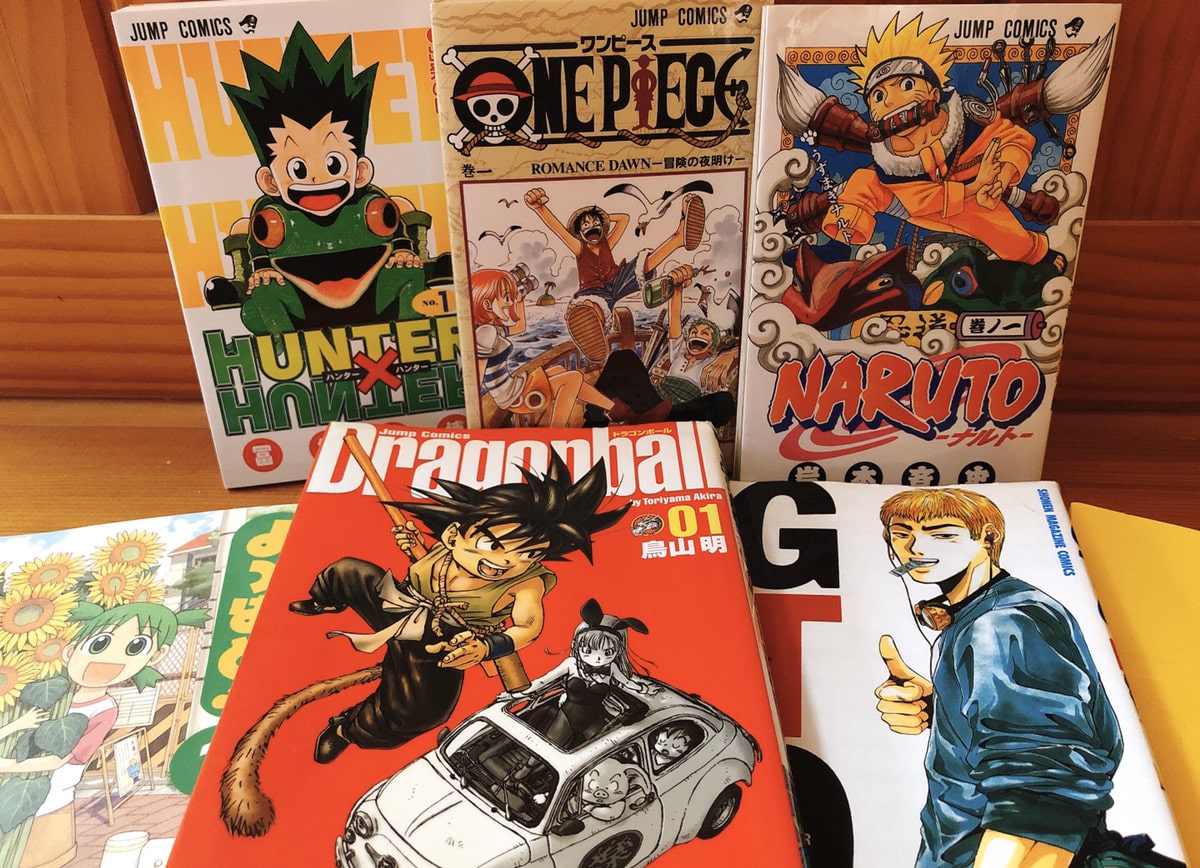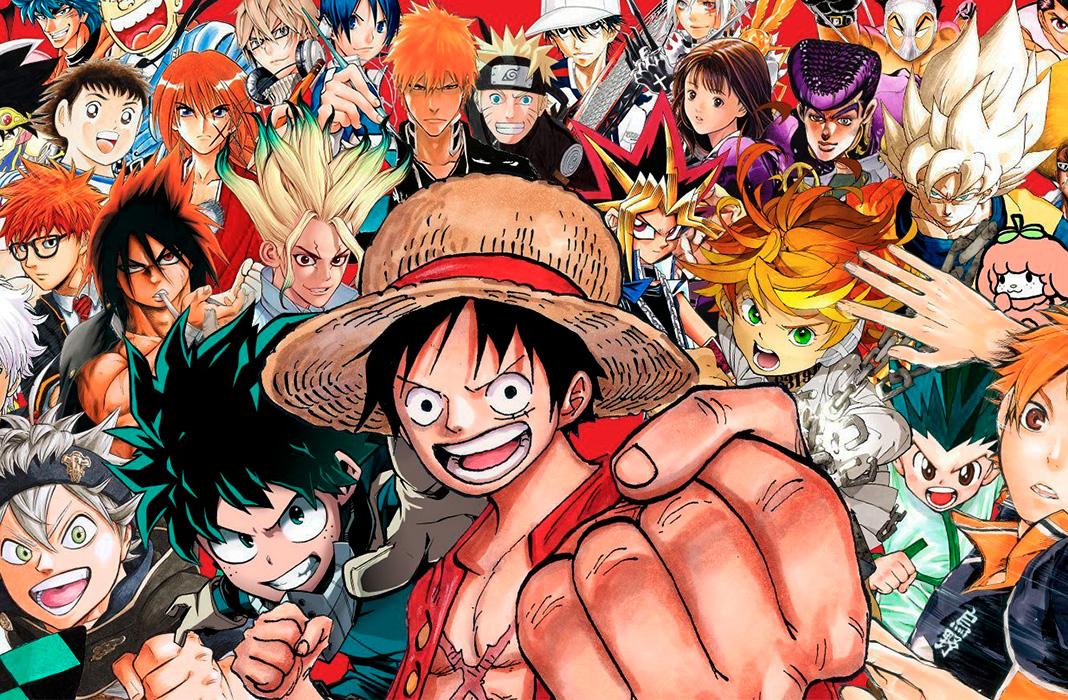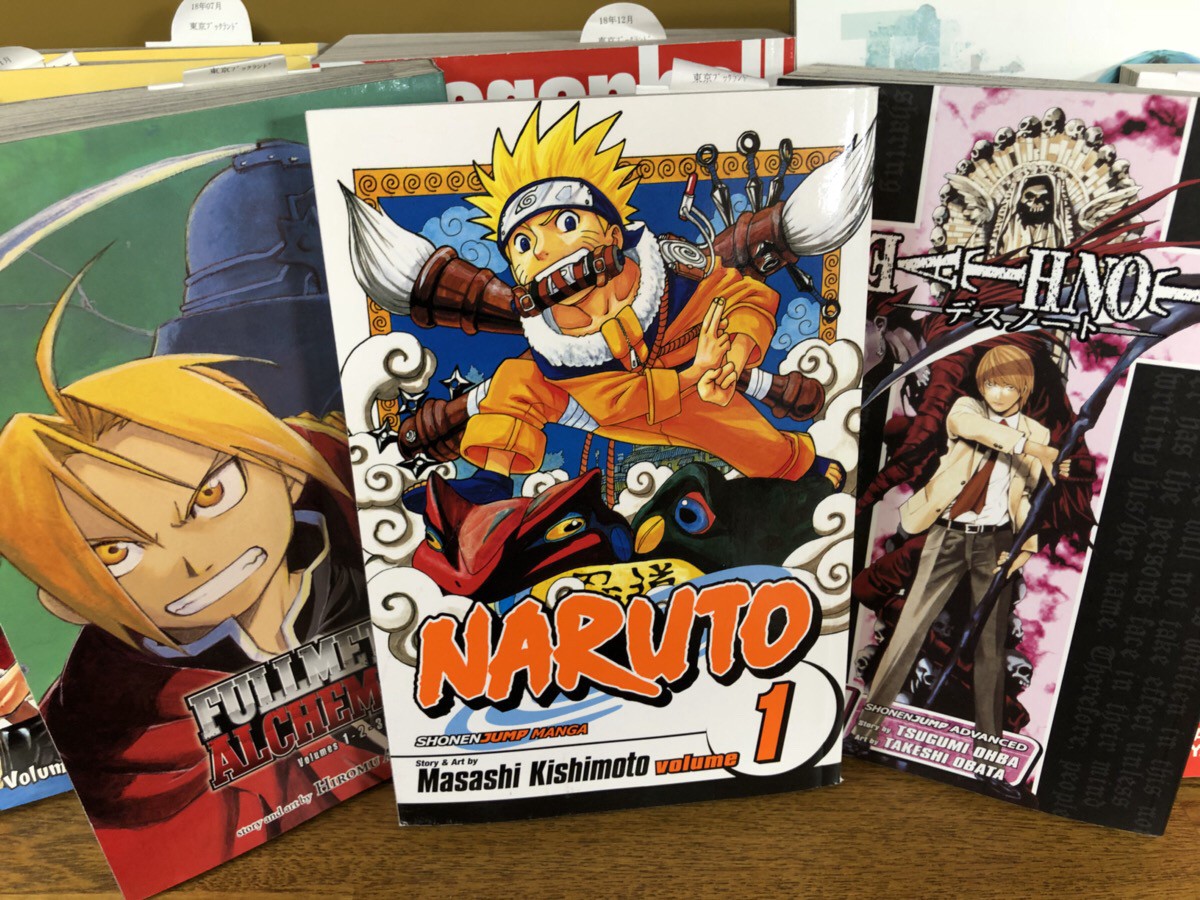Manga Pronunciation- Mastering The Art Of Saying It Right
Have you ever found yourself talking about your favorite graphic stories from Japan, maybe a new chapter of `Crossover Love` you just found on manganato.com, and then you hesitate just a little bit when it comes to saying "manga"? You are certainly not alone in this. Lots of people wonder how to speak this word in a way that feels natural and sounds correct. Getting the sounds right for words like "manga" can really make a difference in how you connect with others who share your interests, and honestly, it just feels good to say things the way they are meant to be said.
It's interesting, isn't it, how a single word can sometimes feel a bit like a puzzle? When you chat about the latest adventures of a character, perhaps like the hot-blooded part-time hunter Yan Zi Ying from `Vampire Master (os rabbit cat)`, you want your words to flow easily. Knowing the proper way to say "manga" shows a certain respect for the source material and the culture it comes from. It also helps you join conversations with more ease, so you can focus on the story itself, rather than feeling slightly unsure about how you're saying things.
Think about it for a moment, too it's almost like knowing the secret handshake of a club. When you can say "manga" with confidence, it just helps you feel more at home in conversations about these incredible visual stories. Whether you are discussing the `Colorful Days` series or looking for `The Idolm@ster 2`, speaking the word correctly can make your discussions a bit smoother and more enjoyable for everyone involved. It's a small detail, yet it carries a lot of weight in the world of fans and creators.
Table of Contents
- What's the Big Deal with Manga Pronunciation?
- Getting Started with Manga Pronunciation
- Common Missteps in Manga Pronunciation
- Keeping Up with Manga Pronunciation
What's the Big Deal with Manga Pronunciation?
You might wonder why so much fuss over how to say one word, right? Well, it's pretty simple, actually. When you talk about something you care about, like the latest update for `Honey Pie Debut` where two good friends find love, you want to sound like you know what you are talking about. The way we say words shows a bit about our connection to the topic. For "manga," it’s not just about sounding smart; it's about showing a little respect for the art form and its origins. It is a word that comes from Japan, and like many words borrowed from other languages, it has its own particular way of being spoken.
Think about it this way: if you were talking about a French dish, you would probably try to say its name the way a French person would, wouldn't you? It's just a common courtesy, in a way. The same goes for "manga." When you are chatting with other fans, maybe about `Kemoraifu` or `Mugen Utamaro`, saying "manga" correctly helps everyone feel more connected. It creates a sort of shared understanding, a little nod to the culture that gave us these amazing stories. So, it's not really a "big deal" in the sense of being a huge problem if you get it wrong, but it's a nice touch if you get it right. It makes your conversations a little bit richer, a little more authentic, you know?
Does Getting Manga Pronunciation Right Really Matter?
So, does it really matter if you say "man-gah" or "mahn-gah"? In some respects, yes, it does. For one thing, it helps you fit in with the larger community of readers and artists. When you hear people who have been reading these stories for a long time, they typically say it a certain way. By adopting that sound, you show that you are part of the group, that you are in tune with the common ways of speaking about this art. It's like learning the slang of a new place you visit; it helps you communicate more effectively and feel less like an outsider.
Furthermore, getting the sound right can help avoid confusion. While most people will probably figure out what you mean no matter how you say it, there is a standard. If you are ever at an event or talking to someone who is very particular about language, saying it the accepted way can prevent a small, awkward moment. It's about clear communication, really. Plus, for those who are just starting to explore these comics, hearing the correct sound from you can help them learn too. It helps keep things consistent across the fan base. So, yes, it matters a little, not in a strict, rule-bound way, but more in a way that helps everyone connect and share their passion for these visual tales, like `Cathexis` or the original `The Idolm@ster` series.
Getting Started with Manga Pronunciation
Alright, so you are ready to give it a try and get the sound of "manga" just right. That is a really good first step. The good news is that it is not as hard as it might seem. The word "manga" is pretty straightforward once you break it down. It has two parts, or syllables, and each part has a clear sound. The first part, "man," sounds very much like the "mahn" in "father" or the "ma" in "mama." It is an open, relaxed sound. The second part, "ga," sounds like the "ga" in "garden" or "gavel." Put them together, and you get "mahn-gah." It is really that simple, you know?
A good way to start is to just say it out loud a few times. Don't worry about getting it perfect right away. Just try to make those two sounds. "Mahn... gah." Then try to blend them together smoothly. "Mahn-gah." You will notice that the stress, or the part you emphasize, is pretty even on both syllables, or maybe just a little bit more on the first one. It is not like some English words where one part is much louder than the other. This makes it a bit easier to get right, actually. You are just aiming for a smooth, even flow between the two parts of the word. So, just practice saying it slowly, and then pick up the speed a little.
Tips for Better Manga Pronunciation
If you want to make your "manga pronunciation mastering the art of saying it right" even better, there are a few simple things you can do. One really helpful tip is to listen to native Japanese speakers say the word. You can find lots of videos online, or even listen to interviews with creators. Pay close attention to the way their mouths move and the sound they make. Sometimes, just hearing it from someone who speaks the language every day can make a big difference. It helps your ear get used to the sound, which then helps your mouth make the right shape.
Another useful trick is to record yourself saying it. Seriously, it helps! Say "manga" a few times into your phone's voice recorder, then play it back. Compare it to how you hear others say it. You might notice little things you can adjust. Maybe your "a" sound is a bit too much like the "a" in "cat," when it should be more like the "a" in "car." This kind of self-check can really speed up your progress. And don't be afraid to ask someone who knows for a quick listen. A friend who is fluent in Japanese or who has spent a lot of time with the language could give you some quick feedback. It is all about getting comfortable with the sound and letting it roll off your tongue naturally, like when you are excitedly telling someone about the latest chapter of `Crossover Love` or `Honey Pie Debut` you just read.
Common Missteps in Manga Pronunciation
When people try to get their "manga pronunciation mastering the art of saying it right" down, there are a couple of common little slips they often make. One of the most frequent ones is putting too much emphasis on the second part of the word, making it sound like "man-GAH" with a really strong "GAH" at the end. In Japanese, the stress is much flatter, more even across both parts. It is not like an English word where one syllable really stands out. So, if you find yourself pushing that "GAH" sound, try to soften it a bit and spread the sound out more evenly. It should feel like a gentle flow, not a punchy ending.
Another thing that sometimes happens is that the "a" sound gets changed. In English, the letter "a" can make many different sounds, like in "apple," "car," or "cane." For "manga," the "a" sound is consistently like the "a" in "father" or "car." It is an open, clear sound. Sometimes, people might make it sound more like the "a" in "fan" or "man," which is a shorter, flatter sound. This little change can make the word sound less like its original Japanese form. So, pay attention to that "a" sound; make sure it is open and round, not tight or flat. It's a small detail, but it makes a pretty big difference in how the word comes across, especially when you are talking about something like `Vampire Master (os rabbit cat)` or `Colorful Days`.
Why Some Sounds are Tricky in Manga Pronunciation
You might wonder why these particular sounds can be a bit tricky for English speakers when it comes to "manga pronunciation mastering the art of saying it right." Well, it often comes down to the different ways languages use sounds. English has a very wide range of vowel sounds, and we often change how we say a letter depending on the letters around it. Japanese, on the other hand, has fewer vowel sounds, and they are typically very consistent. The "a" sound in Japanese, for example, pretty much always sounds like the "a" in "father." We do not have that same consistency in English, so our brains might try to apply English rules to a Japanese word.
Also, the way we put stress on syllables in English is different. We tend to have strong stresses, which can make words sound very distinct. Japanese often has a more even rhythm, where each syllable gets roughly the same amount of attention. So, when we say "manga," our natural tendency might be to put a strong stress on one part, which is not how it is typically done in Japanese. Overcoming these habits takes a little practice, but it is certainly doable. It is just a matter of retraining your ear and your mouth to follow a different set of sound rules. And honestly, it is quite rewarding when you get it right, especially when you are sharing your thoughts on a series like `Kemoraifu` or `Mugen Utamaro`.
Keeping Up with Manga Pronunciation
Once you feel pretty good about your "manga pronunciation mastering the art of saying it right," you might wonder how to keep it that way. It is a bit like keeping any skill sharp; you just need to use it every now and then. The more you say the word, and the more you hear it said correctly, the more natural it will become for you. It will just start to roll off your tongue without you even having to think about it. So, don't be afraid to use the word often in conversations. The more you practice, the more it becomes a part of your regular way of speaking about these fantastic stories.
Another helpful tip is to stay curious about other Japanese words you might come across in your reading. Many manga titles, character names, and common phrases are in Japanese, of course. If you take a moment to look up how to say them, it will help you get a better feel for Japanese sounds in general. This kind of ongoing learning can make your "manga pronunciation mastering the art of saying it right" even stronger. It is like building a muscle; the more you work it, the stronger it gets. So, keep an ear out for new sounds and try them out. You will find that your comfort with Japanese sounds will grow over time, which is pretty neat.
Where to Practice Manga Pronunciation
So, where can you actually practice your "manga pronunciation mastering the art of saying it right" in a helpful way? Well, the internet is a really good place to start. There are many websites that offer audio clips of Japanese words spoken by native speakers. You can often find dictionaries online that have little speaker icons you can click to hear how a word sounds. This is a very convenient way to get instant feedback for your ears. You can listen as many times as you need to, and then try to mimic the sound yourself. This kind of direct listening is incredibly helpful for picking up the right rhythm and tone.
Also, engaging with other fans can be a great way to practice. If you are part of online groups or forums, or even if you have friends who also enjoy these stories, try to use the word "manga" in your conversations. Hearing others say it and saying it yourself in a natural setting can really solidify your learning. You can also visit sites like manganato.com to look for new stories, like the latest chapter of `Cathexis` or `The Idolm@ster`, and just saying the word "manga" out loud while you are browsing can be a small, easy practice. The key is to make it a regular, if small, part of your routine. The more you interact with the word, the more natural its sound will become for you, which is just a pretty cool thing.
- Alex Terrible Scar
- Cnn Harry Enten Gay
- Johnny Depp Girlfriend 2025
- Hallie Eisenberg Movies
- Members Of Brat Pack

25 Best Manga of All Time - Japan Web Magazine

Read the best manga legally and for free with MANGA Plus

10 Best Popular Japanese Manga to Read in English - Japan Web Magazine